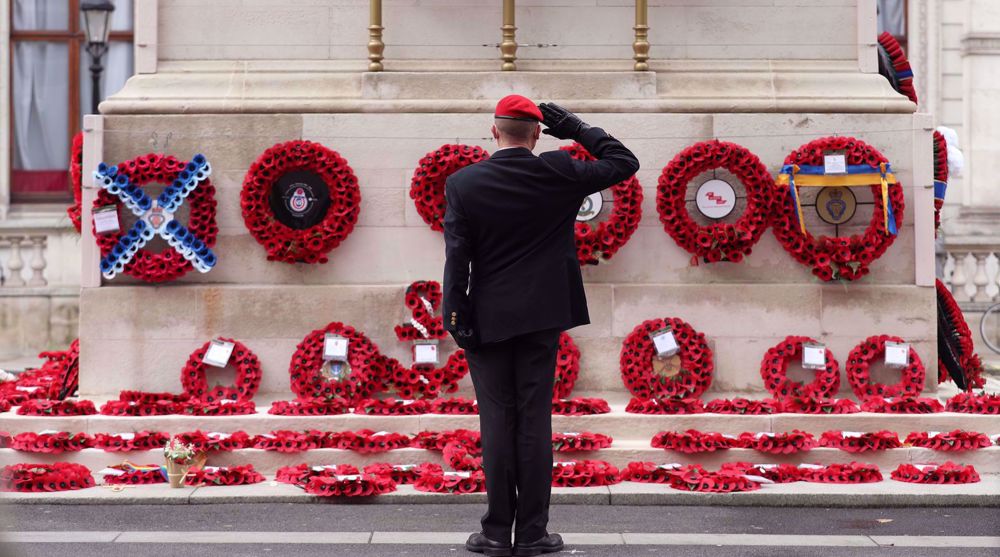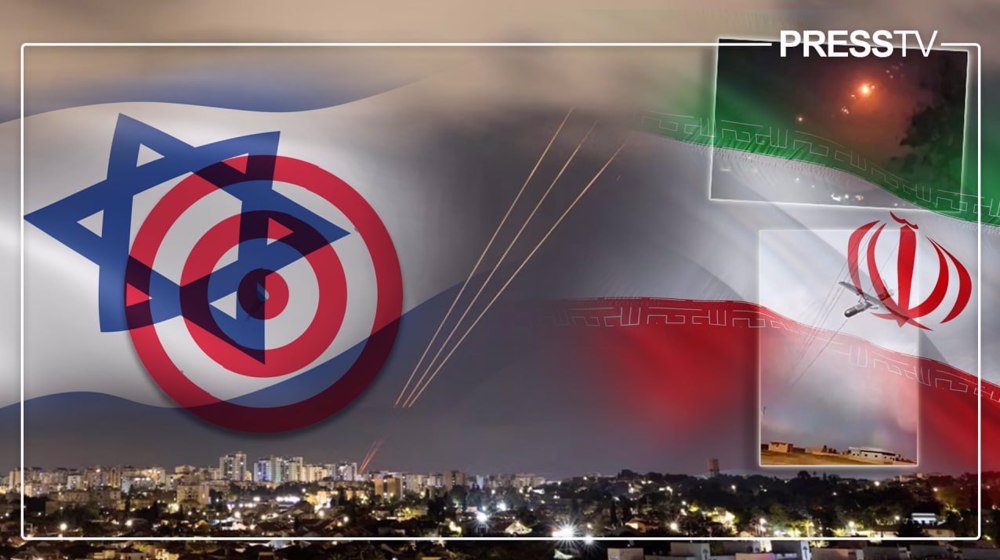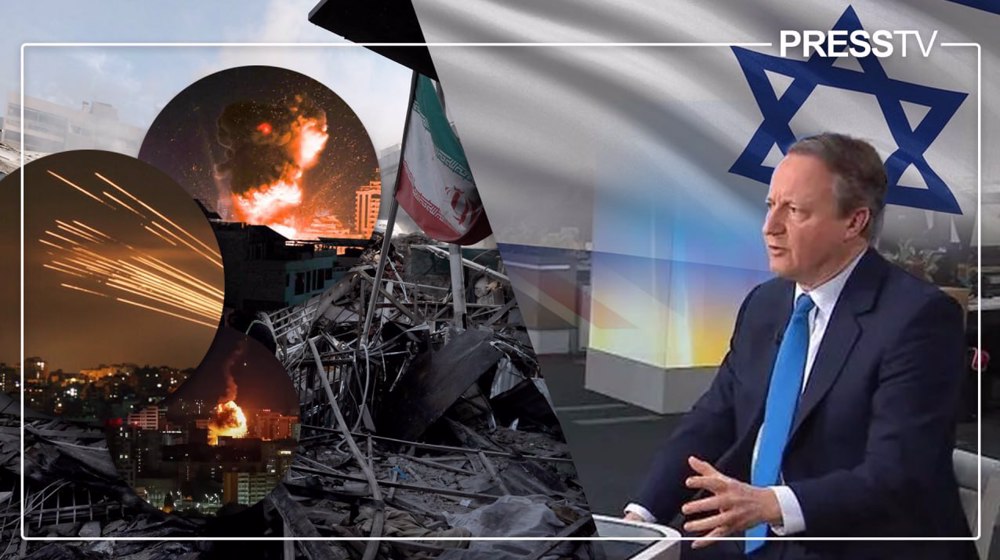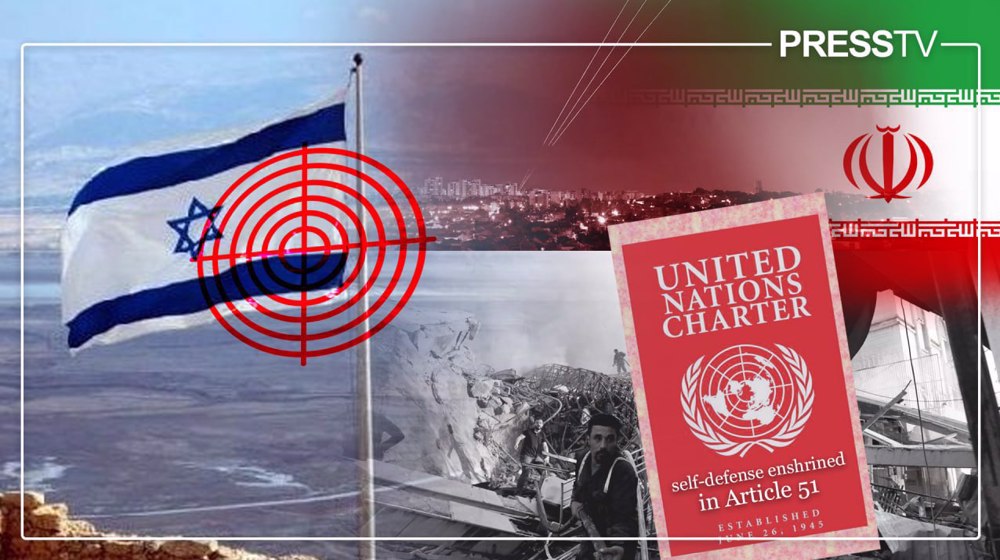Remembrance Day: The nauseating hypocrisy of British war machine
By John Wight
The ritual of tribute to fallen soldiers is a tradition that stretches back to ancient times. From antiquity to the present day the exaltation of those who have died fighting in a given tribe, city state or nation's wars has played a crucial role in uniting any of the aforementioned or around a narrative of shared purpose and values.
Remembrance Day in the UK
Here in the UK or Britain we have the annual tribute of Remembrance Day, observed each year on the closest Sunday to 11 November, the anniversary of Armistice Day, which brought the First World War to an end in 1918.
Young and old, rich and poor, the message embraced on this day is that we are joined in common cause by nationality, heritage and history, and that those who died fighting in the ‘our’ wars did so in the interests of all of us and as such are worthy of our admiration, gratitude and honor.
There is, however, an insidious side to this annual ritual in Britain, one that has taken on the mantle of a national shibboleth. It is that at bottom the trumpets, monuments, and fanfare are not only designed to mourn the nation’s war dead but also, and more importantly, to glorify the nature of their deaths and, by extension, extol the virtues of militarism and the nation's martial might.
This is even more relevant when we consider Britain's recent participation in the wars in Iraq and Afghanistan - wars in which countless thousands of civilians have been killed or maimed, and for whom there is no monument or ritual of remembrance. This does not include the numerous other colonial wars this country has waged throughout the history of an empire that should be a source of shame rather than the celebration it is in the hearts of minds of the country’s elites.
Hypocrisy
The sight of the nation’s political leaders, former prime ministers, members of the royal family, and various other dignitaries laying wreaths at the cenotaph to commemorate the deaths and slaughter of the untold thousands of predominately working class men, used as cannon fodder to maintain the class privileges which they and theirs enjoy, is an act of nauseating hypocrisy to behold.
No amount of national propaganda can conceal the truth that lies behind this hypocrisy - namely that Britain's role in the world as a colonial power is an ignoble and eminently dishonorable one, and that the apotheosis of militarism which this annual ritual engenders acts as a recruiting sergeant to encourage succeeding generations of young working class men, starved of opportunity and prospects at home, to join up and likewise make themselves available to be sacrificed on the altar of national prestige and degeneracy.
The inescapable truth is that the thousands of working class young men who have gone to their deaths in Britain's wars and military adventures up to now, have done so in the interests of a political establishment that has demonstrated little desire to offer them anything at home apart from poverty, alienation and perennial despair.
Hard truths surrounding WWII
Even when it comes to the one war in Britain's recent history that was necessary, WWII, there are truths attached that dare not speak their name.
Firstly, Churchill’s primary objective in waging war against Hitler was not to defeat fascism but to save the British Empire, particularly India, from which at the time his class derived most of the enormous wealth required to maintain and sustain the class privileges they enjoyed. The destruction of fascism, an ideology that Winston Churchill previously evinced admiration of in the late 1920s, specifically with regard to Mussolini’s fascist order in Italy, was a by-product of this objective.
Secondly, Hitler was himself an admirer of the British Empire, which he sought to emulate in Eastern Europe under the rubric of ‘lebensraum’ (living space), envisioning the replacement of the indigenous Slav peoples with German/Aryan settlers.
Addiction to war
Ultimately, Remembrance Day is an annual reminder that Britain is nation and a society suffering from an addiction to war and conflict. Breaking this addiction requires that we first undergo a sea change in our attitude to war and how we view those who've died in past wars.
The liberal bandying around of words such as 'sacrifice' and 'heroism' at this time of year, usually by well fed, privileged politicians and commentators who've probably never experienced as much as a punch in the face much less combat, reveals an atrocious lack of understanding of the terror these young men experience and deliver in places like Afghanistan and Iraq.
The notion that an 18-year-old from an under privileged background signs up with the resolve to sacrifice his life for his country is a lie. They sign up looking to escape the drab and dim prospects offered them at home, seduced by the illusion of excitement and adventure.
No amount of training could ever prepare these young men for the horrors of war, for the sight of their comrades being blown apart beside them, the sight of women and children slaughtered, and no amount of bugles and parades could ever compensate those who return maimed and/or psychologically damaged as a consequence, whereupon they are left to the mercy of charity.
The main enemy
The main enemy of the young men sent to kill and be killed overseas in illegal and unjust wars of aggression waged by ruling elite currently mired in sleaze and corruption are those who send them.
On Sunday past they were be standing in front of the cenotaph in central London with poppies the size of tennis balls pinned to their chests, serving up the fake and faux sincerity, solemnity and respect which they have perfected over time.
War should be made a crime, and those who instigate it should be punished as criminals. For in the last analysis war does not determine who is right, only who is left. At this time of year we in Britain are left in no doubt that we still have a long way to travel before we can lay claim to the word ‘civilized'.
End.
John Wight is an author and political commentator based in Scotland.
(The views expressed in this article do not necessarily reflect those of Press TV.)
Pro-Palestine rallies spread after students arrested at Columbia University
US will pull out military personnel from Niger: Report
US sanctions on Venezuelan oil ‘violation of human rights’: Iran
VIDEO | Hundreds of students take to streets in Milan in support of Palestine
UN warns hundreds of thousands of Sudanese under ‘immediate danger’
Iraqi resistance strikes ‘vital’ target in Eilat after Israel attacks PMU base
North Korea conducts cruise missile warhead test: State media
Israeli airstrike kills at least 7 people in Rafah










 This makes it easy to access the Press TV website
This makes it easy to access the Press TV website